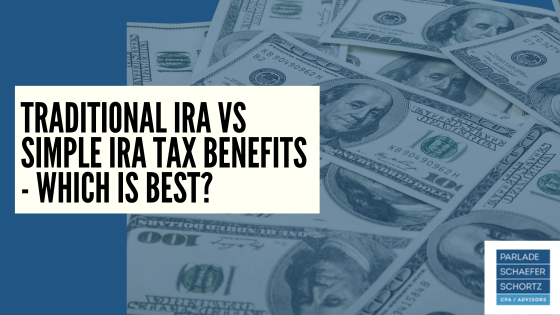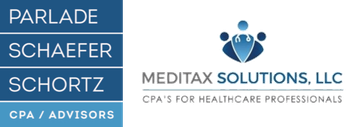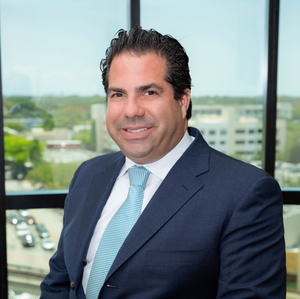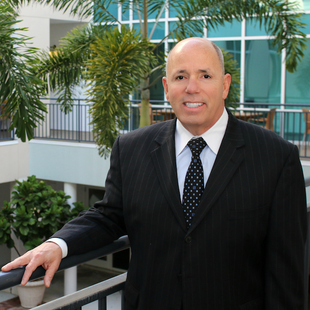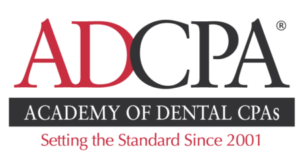FLORIDA CPAs FOR HEALTH CARE PROFESSIONALS
Our mission is to provide individuals and businesses with accounting services like tax preparation, payroll, business valuations, audits, strategic and financial planning, IRS representation, consulting and more. We support you in order to protect and grow your assets and make informed financial decisions. We have offices in Miami and Punta Gorda and work with professionals and businesses across the US and internationally.
CPA in Florida to make the complex simple.
Our Florida CPAs and Advisors, with offices in South Miami and Punta Gorda, offer a wide range of financial services for businesses as well as for individuals. Your success is our highest priority. When you need a CPA Miami, FL trusts, Parlade Schaefer Schortz CPAs PA is here for you!
-
Tax Services
Learn MoreYou can save yourself time and stress by letting our team of experts prepare your personal or business tax returns. Our Florida CPAs and PAs specialize in tax prepartion.
-
Audit
Learn MoreWe provide full audit services by examining your company’s financial statements in accordance with generally accepted auditing standards.
-
Accounting
Learn MoreAccurate financial records are a critical part of business success. Based on your specific needs, we can provide monthly or quarterly bank account reconciliation, income statements, and balance sheets.
-
Consulting
Learn MoreWe believe it's beneficial to have an active relationship with each of our clients. Knowing the medical and dental industry allows us to provide value to every one we work with.
Healthcare CPAs you can trust.
At Parlade Schaefer Schortz CPAs, PA, you benefit from our team’s decades of experience across a variety of industries, especially healthcare. We have a passion for excellence in accounting and our financial services are known for high standards. Each year, our Florida CPA team adds education and training so that we continually provide timely, accurate financial advice in a changing market. Our convenient locations in Punta Gorda, and Miami, FL, compliment our medical accounting services anywhere in the US.
We provide tax services, financial planning, consulting, audits and much more for the healthcare industry and individuals, both domestic and international, as well as businesses of every size. We invite you to visit our Services page for more details. Start down the path to securing your financial future today. One of the top Miami CPA firms, you can contact our office for a consultation or phone call M-F.
MEET THE PARTNERS
Jaime L. Parlade, CPA
Jaime attended the University of Florida in Gainesville, FL, and earned his BSBA, Finance in 1995. He took all the undergraduate accounting requirements via post-baccalaureate studies at Florida International University (FIU).
Jaime began his career at Price Waterhouse, now known as PricewaterhouseCoopers, LLP (PwC) in 1997. Jaime sat for the CPA exam in 1998 and passed all four sections on the first try. While at PwC, he attended FIU and received an MS in Taxation in 1999.
In 2002, Jaime, along with his current partner, Justin Schaefer, decided to leave the big accounting firm world and start their own Florida CPA firm. Since that time, he Justin, and Joseph have had great success (and a lot of fun) building Parlade Schaefer Schortz CPAs, PA.
Justin A. Schaefer, CPA
Justin received his Bachelor’s degree from Florida International University in Miami, followed by a Master’s of Science in Accounting, with a concentration in Taxation from the University of Notre Dame in South Bend, Indiana. He started his career at PricewaterhouseCoopers in the area of international taxation. Justin went on to work at Deloitte and Touche, until he ultimately joined his partners, Jaime Parlade and Joseph Schortz, in Parlade Schaefer Schortz CPAs, PA.
Education and civic involvement are important aspects of Justin’s life. He has been involved with the boards of Camillus Health Concern, Mount Sinai Hospital Founders Association, and The Cushman School.
Joseph R. Schortz, CPA, CGMA
With more than 40 years of experience in both the public and private accounting sectors, Joseph’s practice areas include tax planning and preparation for resident and non-resident individuals, partnerships, estates, trusts, corporations, and non-profits; business, estate and trust planning; compilations, reviews, and audits of financial statements; insolvency and bankruptcy; advisory services for international entertainers; and litigation support.
Prior to establishing his own private firm, Joseph provided a broad range of tax preparation and audit services, as well as other advisory and consulting services, including litigation support. He served nine years as a Partner at Kelson, Merves & Schortz, CPAs, and ten years as a sole practitioner in New Jersey, before selling his firm in 1996.
TAX RESOURCES
From Our CPA Blog


